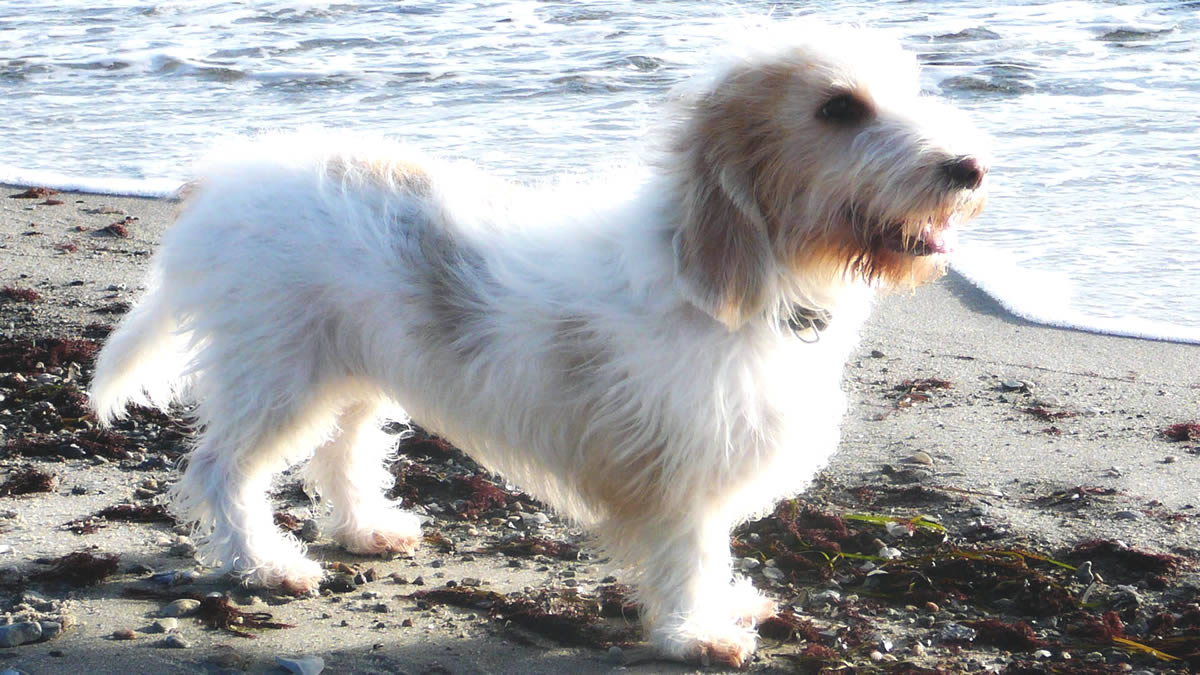In some ways the care of a new puppy is the most important phase of a dog’s life and can determine what type of dog this new puppy turns into as an adult. The proper puppy care cannot only affect a dog’s temperament; it can impact their health and happiness as well. The good habits you help your new puppy establish when they are young will stay with them their whole life and help to make them a welcome addition to your family.
When a puppy is first brought into the home, there are a wide range of things that need to be done to prepare both the puppy and your family for its new arrangement. To provide the safest environment possible for your new puppy, you’ll need to make accommodations for its eating, sleeping and exercise needs in advance of actually bringing the dog home. This way you are all set when your new friend comes home and you can start to enjoy the bonding experience that will surely follow his arrival.
Feeding a puppy is a different experience than feeding an older dog and care should be taken to find the right mix of nutritious food in the right quantities for your dog. Unlike older dogs that lean to limit their eating, a puppy will typically consume all the food it has access to quickly, which can lead to all sorts of problems. Consult with your veterinarian as to the best diet and amount of food for your new addition and be sure to stick to a set feeding time so that the dog will come to expect its meals. During the early years you should also limit the treats you feed the dog to ensure it develops a healthy digestive system as it grows. Unlike regular dog food, treats can be high in both fat, salt and sugar and should only be used to reward your dog for training activities or other special events.
Exercise is another important concern since it helps your dog to grow strong. Finding the right balance of exercise can take some time and exercising too much is almost as bad from some breeds as not exercising enough as it can affect the way their bodies develop. You should again consult with your veterinarian to see what the appropriate level and frequencies of exercise is right for your new pet and then establish a set schedule so your dog knows what to expect. This will make it easier to keep up this exercise as your new puppy enters adulthood.
Living arrangements are another important consideration many new owners may not prepare for properly. While it may seem like a simple matter to buy a dog bed and let your new puppy sleep in the den, leaving your dog to roam at night may get it into all sorts of trouble. Many new owners elect to use a crate for their dogs and this provides both a safe place for your puppy to retire and also controls when they can roam the house. If you do decide to crate your dog, it is important to start this as early as possible so that the dog becomes accustomed to thinking of the crate as their secret space that they can go to when they need to relax.
If the crate is used on an older dog, they may view it as punishment and have mixed feelings about sleeping there. In either case, the crate should only be used for short periods of overnight sleeping or when you’re out of the home for a short while. The dog will still need to be let out of the crate for bathroom and exercise breaks and will come to appreciate the privacy the space provides them.
